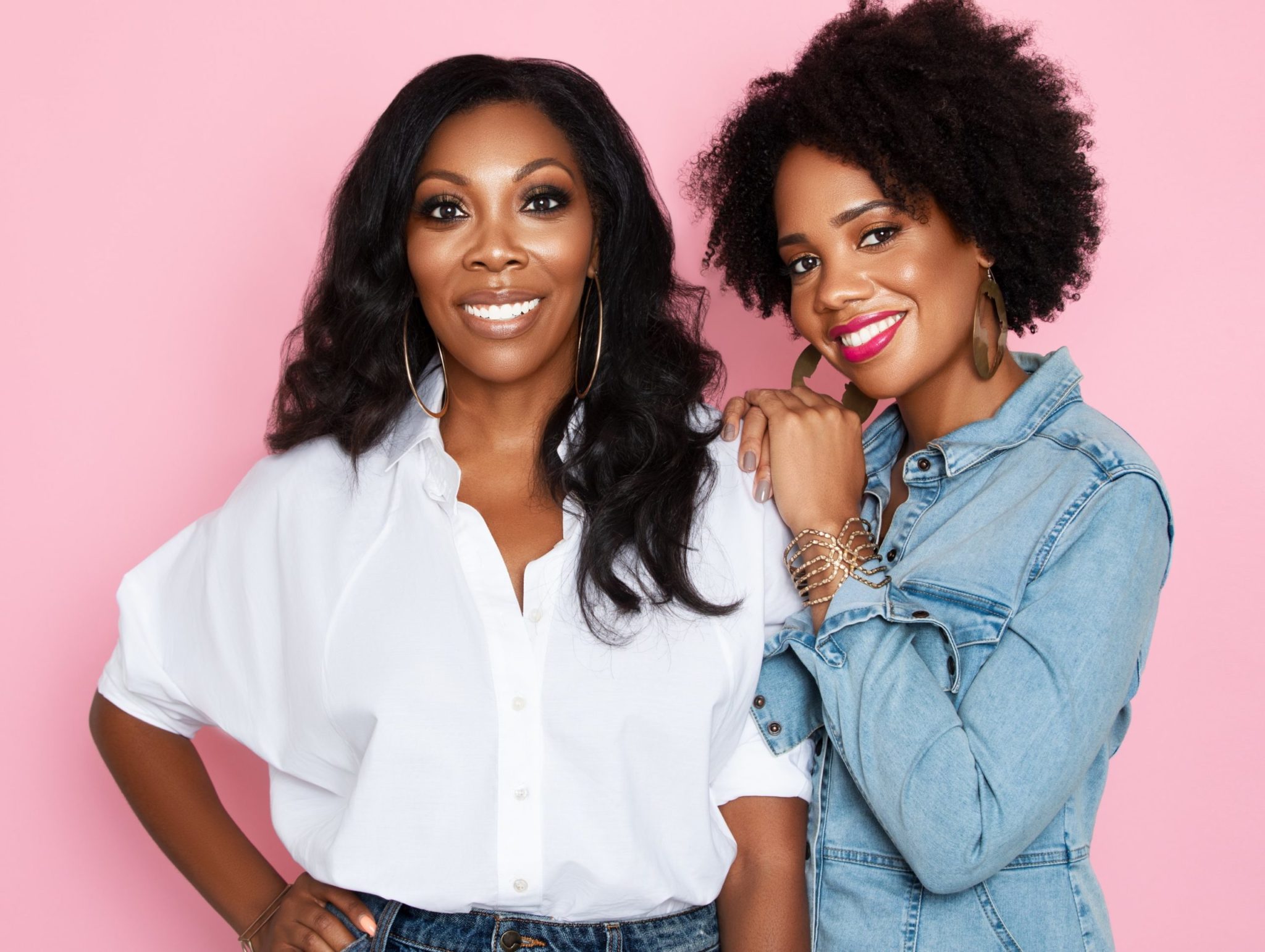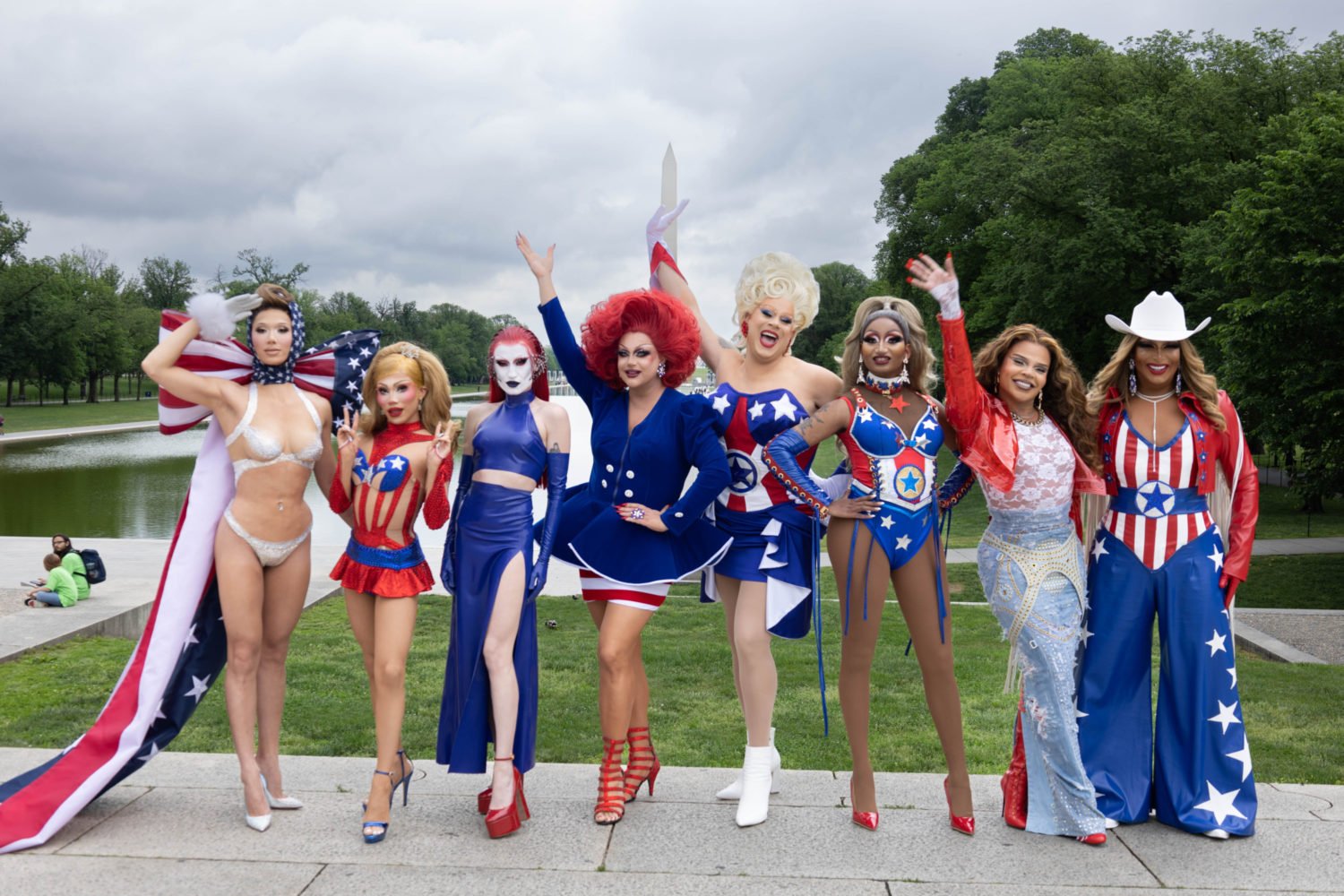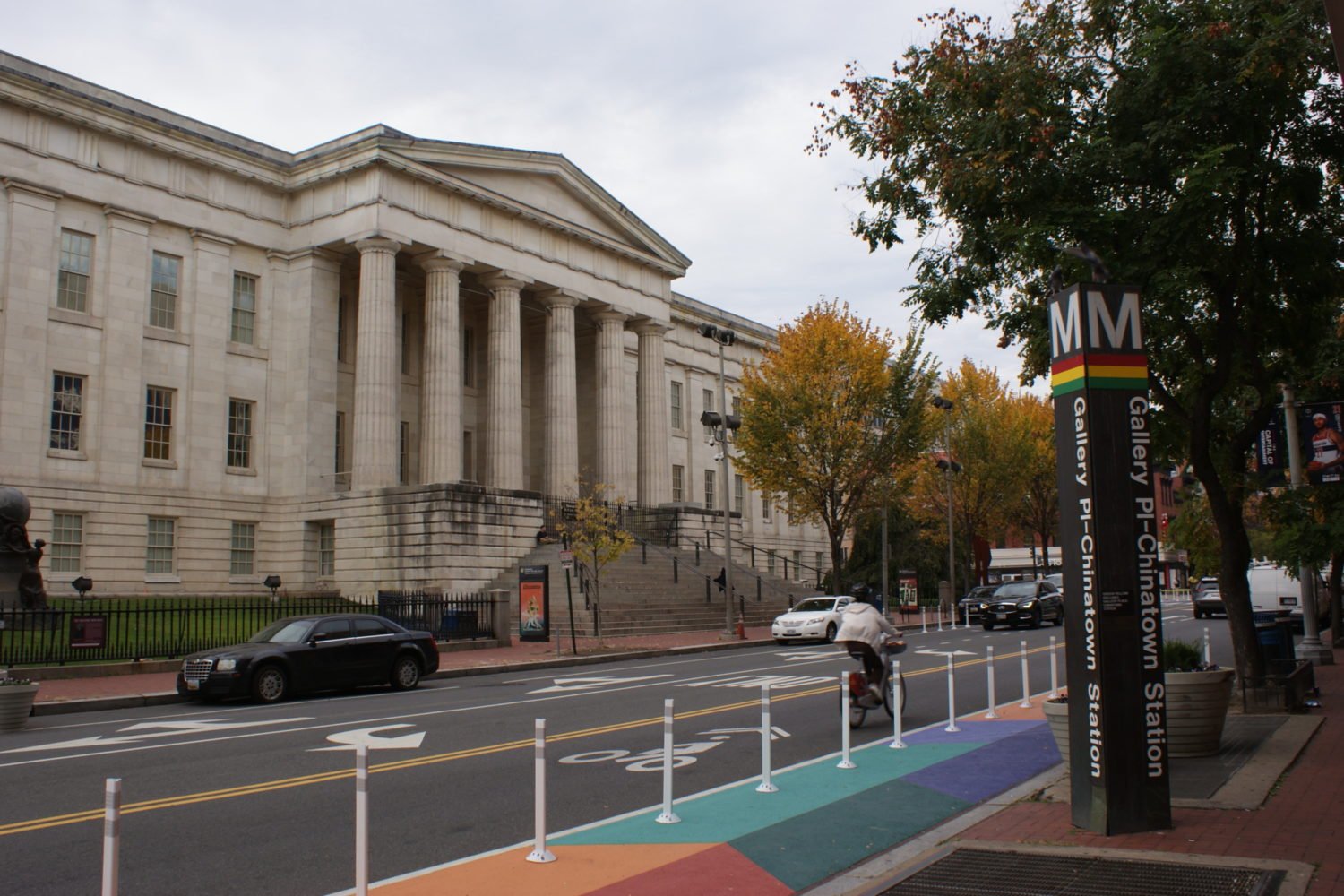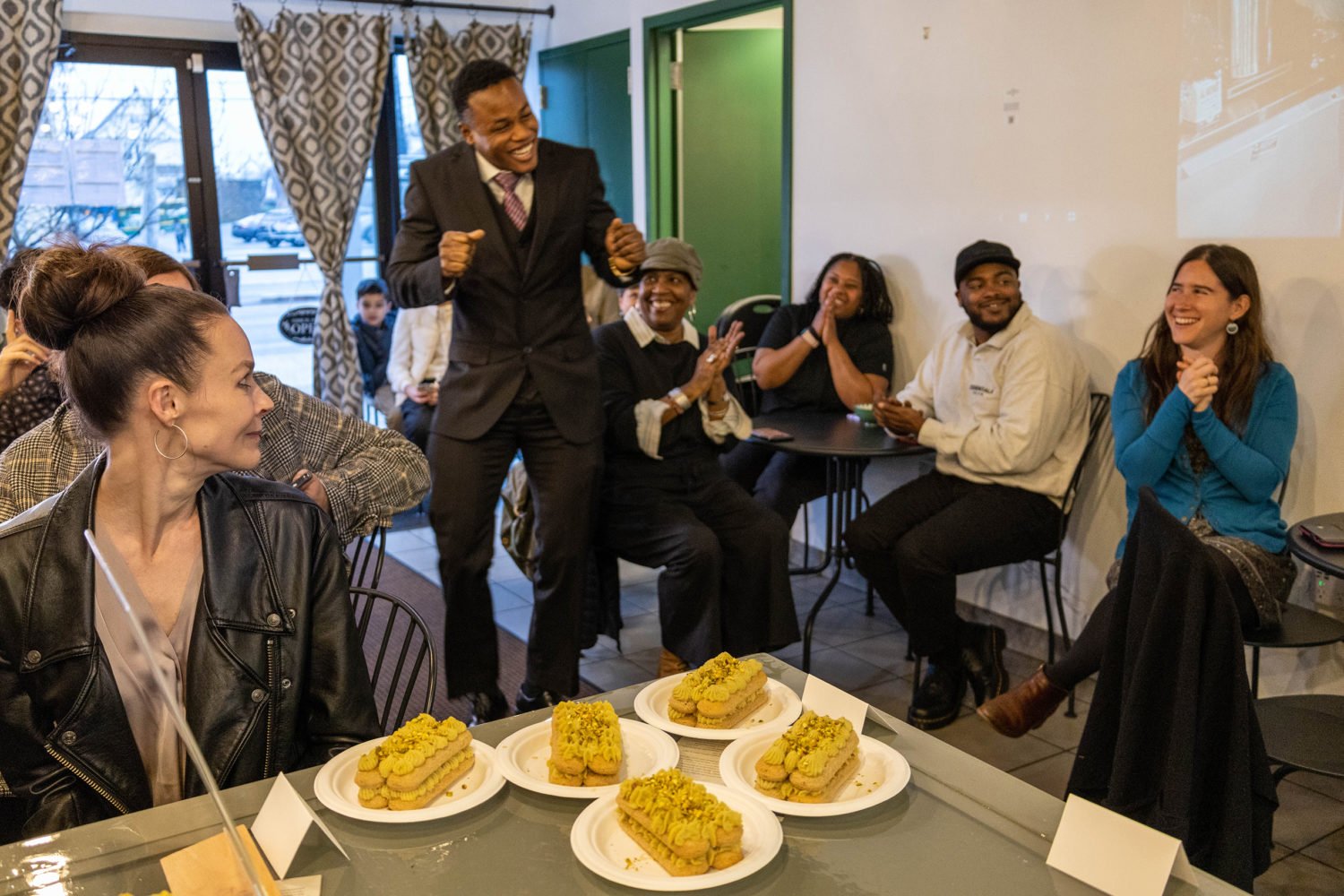Brown Beauty Co-Op, the Dupont Circle beauty store made for people of color, has often been referred to as “the black Sephora,” says Amaya Smith, 40, who co-owns the store with Kimberly Smith, 39 (no relation). But now, the Washington entrepreneurs are calling Sephora out for its lack of diversity.
As part of the #PullUpOrShutUp campaign, Sephora recently announced that 14 percent of its workforce is black, while six percent of its leadership is black. However, when it originally released that information, it described that six percent as “leadership of our US stores, distribution centers, and corporate offices”—with no mention of executive leadership.
In a letter sent June 9, the Brown Beauty Co-Op owners demanded that Sephora be transparent about the diversity of its executive leadership roles, make a significant financial pledge to the Black Lives Matter movement, and announce concrete plans for eliminating discrimination in its stores and culture. (The group has been called out for racist behavior before: After the celebrities SZA and Leslie Jones shared stories last year about being discriminated against in Sephora stores, the brand held diversity workshops for all of its US locations.)
“It was disappointing and not super transparent. They’re a major buyer in the industry,” says Amaya Smith of her reaction to reading Sephora’s original statement. The large group dictates product sales and visibility in the beauty world, she says, and with accounts of discrimination in stores, she feels they had an especially large responsibility to speak up. “It just seemed like a way to get around the question.”
Sephora—which has a location down Connecticut Avenue from the Brown Beauty Co-Op—responded to Amaya Smith and Kimberly Smith’s letter on June 11, disclosing that the company has no black executives. “We received Kimberly and Amaya’s letter and sincerely appreciate their willingness to engage in a discussion with us about the actions we are taking to drive change and enable inclusivity, representation, and diversity across our company and our industry,” wrote a Sephora representative over e-mail when contacted for comment.
“Over the past year we’ve taken important steps to look critically at our in-store experience, measure the role of racial bias in retail, strengthen training across our field, and commit to a higher standard of inclusion.”
In its response to the women, the group also committed to working with third-party advisors to examine bias in its retail practices and holding additional inclusivity workshops. The group has also committed to the 15 Percent Pledge, which says brands will fill 15 percent of their shelf space with black-owned brands, and has donated to the National Black Justice Coalition.
Sephora also clarified that it will work to add diversity at the leadership level and provided the following statement: “As part of our commitment, we will increase representation of black employees and employees of color in leadership roles and we will share our plans to do so. We recognize that Sephora can and must do better, and as we continue this work, we will be open and communicative about our progress along the way.”
While the women say they were glad to hear from Sephora, this isn’t the end of the conversation. “I think the question is in the actual nuance,” says Amaya Smith. “How is Sephora, which has acknowledged that they lack diversity at the corporate level, actually selecting these brands? Who is curating? Who is buying? And who is ensuring that this is not just a campaign of black-facing Sephora and actually is part of real investment into the black community?”
Sephora’s not the only beauty brand to recently disclose the racial breakdown of its company. Thanks to the #PullUpOrShutUp movement, which is spearheaded by Uoma Beauty founder Sharon Chuter, beauty and lifestyle companies like Revlon and Glossier have been asked to disclose how many black employees they have and how many are in leadership positions.
Chuter has then put the responses on Instagram as a way to keep groups accountable so they don’t post something on social media and move on. (The campaign started last week in response to the Black Lives Matter posts many brands made on Instagram.)
In addition to contacting Sephora, Amaya Smitha and Kimberly Smith have also asked beauty brands like Follain and Credo Beauty to expand upon their announcements and commit to making their companies more diverse. The duo sees holding large beauty companies accountable as part of Brown Beauty Co-Op’s mission, says Kimberly Smith, and part of that is ensuring brands aren’t just participating in empty performance activism online.
“We have so many businesses that came out in the past week and are flooding our timelines with all of this support for Black Lives, but now we’re calling on them to actually do something about it,” says Kimberly Smith. “We need more than just a pretty flier [or] imagery in your timeline. We really want to see what you’re going to do as it pertains to black lives, black businesses, black women consumers.”
Beyond diversifying executive roles and committing to the 15 Percent Pledge, large stores and brands have a responsibility to include black and brown faces in marketing campaigns, the women say, as well as help smaller, POC-owned groups get access to venture capital and funding.
And ultimately corporations have to remember that the recent Black Lives Matter protests began over the police killing of George Floyd, says Amaya Smith. “Companies need to go beyond using this as a PR movement and really think about how they’re going to invest in the Black Lives movement, which is really a movement to defund police and decriminalize black people,” she says.
Both women say the lack of representation at these bigger beauty groups is indicative of a lack of black and brown representation in the beauty industry at a smaller level—especially in DC. “It’s almost like we’re pioneers,” says Kimberly Smith, pointing out that none of the other boutique, high-end beauty stores in DC are black-owned or specifically made for people of color. “If you are a black woman in the District of Columbia or the DMV as a whole, there aren’t many options for you.”
While the duo hopes folks will use this moment to diversify the products and companies they support, they want it to be a sustained effort. “Don’t use this [movement] as a fad, as an ‘Okay, I’m going to go buy one black-owned product, now I’m going to feel good about myself,’” says Kimberly Smith. “If you want to support it, do it from a genuine place.’”
That means don’t stop speaking out and making a conscious effort to shop diversely once the Instagram posts stop. “With any movement, I think you have to stay active in it,” says Amaya Smith. “I frankly think these brands would rather this conversation go away. And I think if it’s not for community activism and activism from black people and black businesses, this conversation will go away.”
Throughout the month of June, ten percent of the Brown Beauty Co-Op’s sales will go toward Black Visions Collective.



















